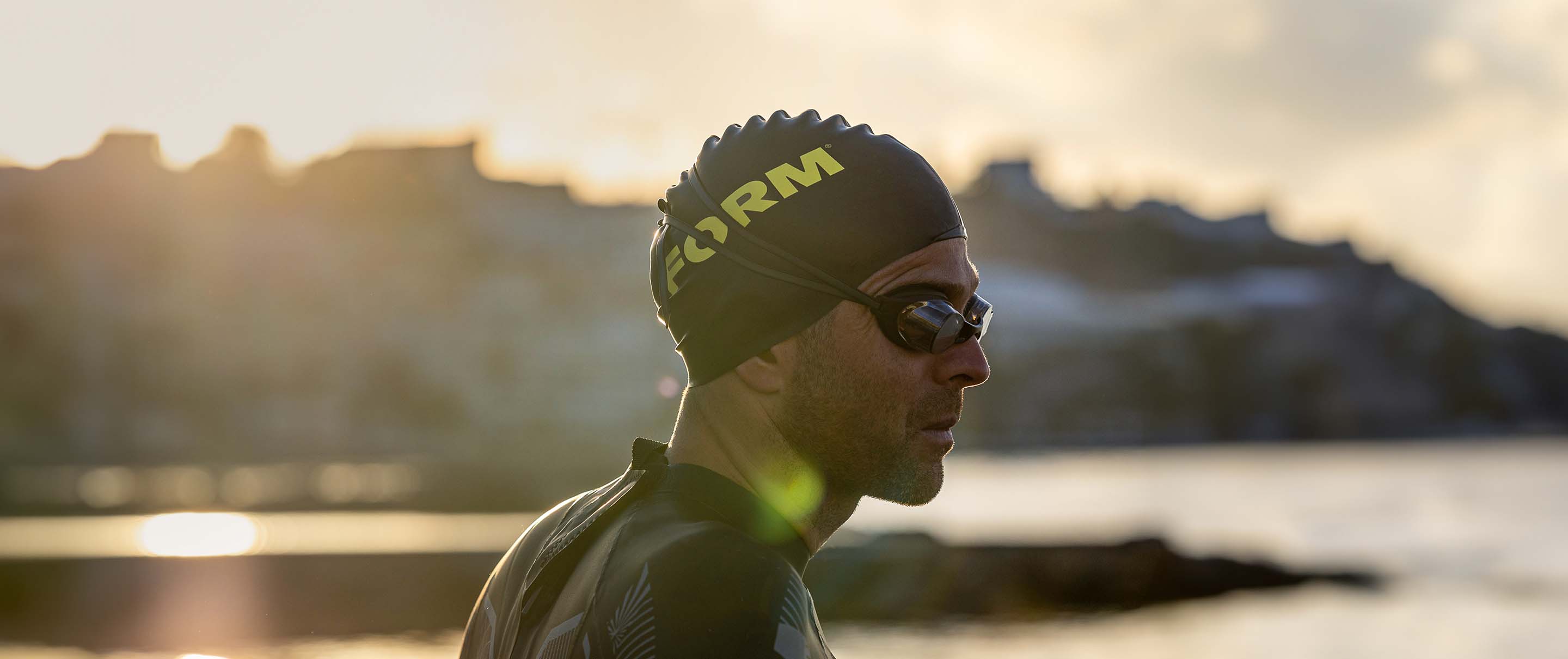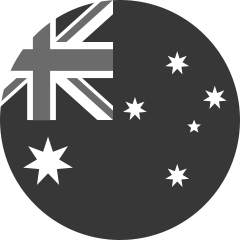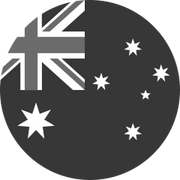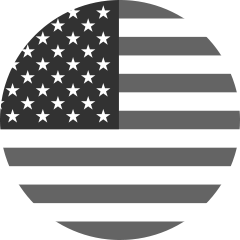Train like a pro. Swim tips from Aaron Royle.
Growing up on the shores of Australia –where over 85 percent of residents live within 50 kilometers of the coastline– a love of open water was ingrained in Aaron Royle's DNA, and swimming became second nature.
Aaron’s exceptional swimming skills emerged early (fun fact: Aaron once held the world record for the fastest 200m butterfly time at the age of 11). However, his journey underwent a shift when he dove into the world of triathlons thanks to the encouragement of his swim coach, a former triathlete.
“Coming from the monotony of swimming up and down a black line compared to doing a race in the ocean, getting on a bike –what kid doesn’t like to bike?– and then getting to run was a whole different experience. And I loved it.” After 20 years in the sport, it’s clear that he still does.
Ahead of the Men’s Ironman World Championships in Nice this month, we chatted with the two time Olympian and #1 ranked swimmer in the Professional Triathletes Organization about training, sharks, trying new things in the days leading up to a race (hot tip: don’t do it!), beer club, and why we should all be like stonecutters. Here are some swimming tips from professional Aaron Royle:

The swim is an element in a triathlon that a lot of folks struggle with. What are the biggest things that triathletes who are working on their swim should focus on?
Aaron: There are two big things: stroke rate and getting comfortable in the open water.
I know my stroke rate really well, and how it correlates in every single race. Once you’ve found that race pace stroke rate that feels really natural, it’s important to practice it in the open water. You can do all the technique work in the world in a pool, but it will feel completely foreign if you don’t get out into the open water to practice.
You throw down some pretty huge swims. How do you structure your training to balance the swim with the bike and the run?
Aaron: I think the beauty of swimming is that it’s such a low impact sport. The risk of injuries is so low, so you can kind of get away with doing more of it, in a way that you can’t with running, and to less of an extent, with cycling as well.
You’re probably not going to put yourself at risk of an injury from too much swimming, so I just look at it as giving you great aerobic benefits that cross over into all three sports.

Training and racing is your full time job. When you’re spending that much time focused on triathlon, how do you avoid burnout?
Aaron: When it comes down to it, you have to love what you’re doing. There are bad weeks, sometimes bad months, but at the end of the day, I love what I’m doing and that prevents the mental drain. But a big part of burnout is the combination of the physical and the mental.
How do you manage the physical side of things?
Aaron: For me, it’s about monitoring my training load and using wearable technology where I can to help track where I’m at.
I use an Oura Ring that my coach [Dan Plews] uses to measure and track my Heart Rate Variability. He watches for trends overtime to understand when I’m absorbing the training really well and can push on, or when I need an easier period of rest. Being in communication with your coach is a huge part of it.

You’re not racing a full distance Ironman this year, but if you were, how would your training shift?
Aaron: The volume wouldn’t really change across all three sports. I would be getting much more specific closer to the race though, doing much more uninterrupted reps which is not always the case for my longer swims.
You’ve spoken about how comfortable you are in the water, but that’s definitely not the case for all triathletes. Do you have any tips for someone less confident than you in the open water on how to prepare?
Aaron: The reason I’m so comfortable in the open water is because I’ve spent a lot of time in it. The more time you spend in a lake or ocean, the more you’ll start to feel calm on race day.
If you don’t have easy access to open water, I think the best thing you can do is get comfortable with being uncomfortable. There are going to be moments when the people around you are panicked, you might be disoriented, someone might accidentally knock you or kick you, and if you can mentally prepare for those moments of discomfort, and try and give yourself some space in the water, that’s going to help you out a ton.
So, just to be clear, you’re not intimidated to swim in the ocean at all. You’re not even worried about sharks?
Aaron: I mean I’ve seen sharks out swimming, and it’s not fun! But when you’re doing a hard effort –like in a race– you don’t even think about it. When I know I’m swimming in a part of the world where there are no sharks, then I’m not intimated at all.
I’m not quite there yet! In a race, what are your tips for the weaker swimmers?
Aaron: It depends a bit on your strategy. If you’re not a really strong swimmer but still want to go fast, get on the feet of someone faster than you. If you can get onto someone's hip, they will literally drag you along, but that will also slow them –and therefore you– down a lot.
What about for the athletes where swimming is their strong suit?
Aaron: If you can put in a big surge for 50m or so to get someone off your hips and onto your feet, it might burn one match but save you three. If someone is on your hip for 3.8km, it’s going to create so much more drag and really slow you down. So if you can get yourself clear of them, it will save you in the long run.
Let’s talk about nutrition. How do you adequately fuel for a big race?
Aaron: People often say “don’t try anything new on race day.” I’d love to change that to “don’t try anything new for three days prior.” Testing your nutrition during training, and then eating what you know your body can handle in the days leading up to a race is so important.
I like to keep things fairly simple in the morning: my normal breakfast would be porridge and plain toast, and then as you get closer to the race, just really easy to digest things. I like to go with chews because you get some calories without it feeling like there’s something heavy in your stomach. I know some people who will just eat plain rice – you have to test it out and do what feels right for you. Don’t do what your friends are doing, it’s unique for everyone.
Triathlon is a pretty huge commitment. How do you balance all of the training with…
Aaron: … life?
Yeah, life!
Aaron: Luckily I’ve got a very understanding wife, she gets the demands of the job which is a good thing, obviously! [Note: Aaron is married to British former professional triathlete, Non Stanford]. A lot of the people in my life are involved in the sport which helps a lot, but I’m also not afraid to take some down time.
I always take off a few weeks at the end of the year and also normally a small mid-season break, and that really helps me find balance. I like to spend time at the beach and enjoy the coffee culture here in Australia. And my friends and I have a beer club that we do once a month, where we all go to someone's house and try a few different beers, like that sort of thing.
Triathlon is my job, but I try not to be obsessive about it. You need to put time aside to sort of let your hair down and relax and think about other things. I think that’s what’s allowed me to have longevity in the sport.

The Ironman Men's World Championship is this weekend. Any words of encouragement for the Age Groupers racing in Nice?
Aaron: Be a stonecutter! By that, I mean, a stonecutter could hammer away at a rock a hundred times without a dent. And then, on the hundred and first time, it splits in two. Even though it might not have seemed like it, all of those hits that went beforehand contributed. So even when things don’t go as planned, just keep pounding away.
That, and I guess it’s a cliche, but enjoy the journey. You’ve put so much time and effort to get here and now this is your time to show off all that work. You’re going to feel some pressure, you’re going to be nervous, I totally empathize with that, but just try and enjoy it.











